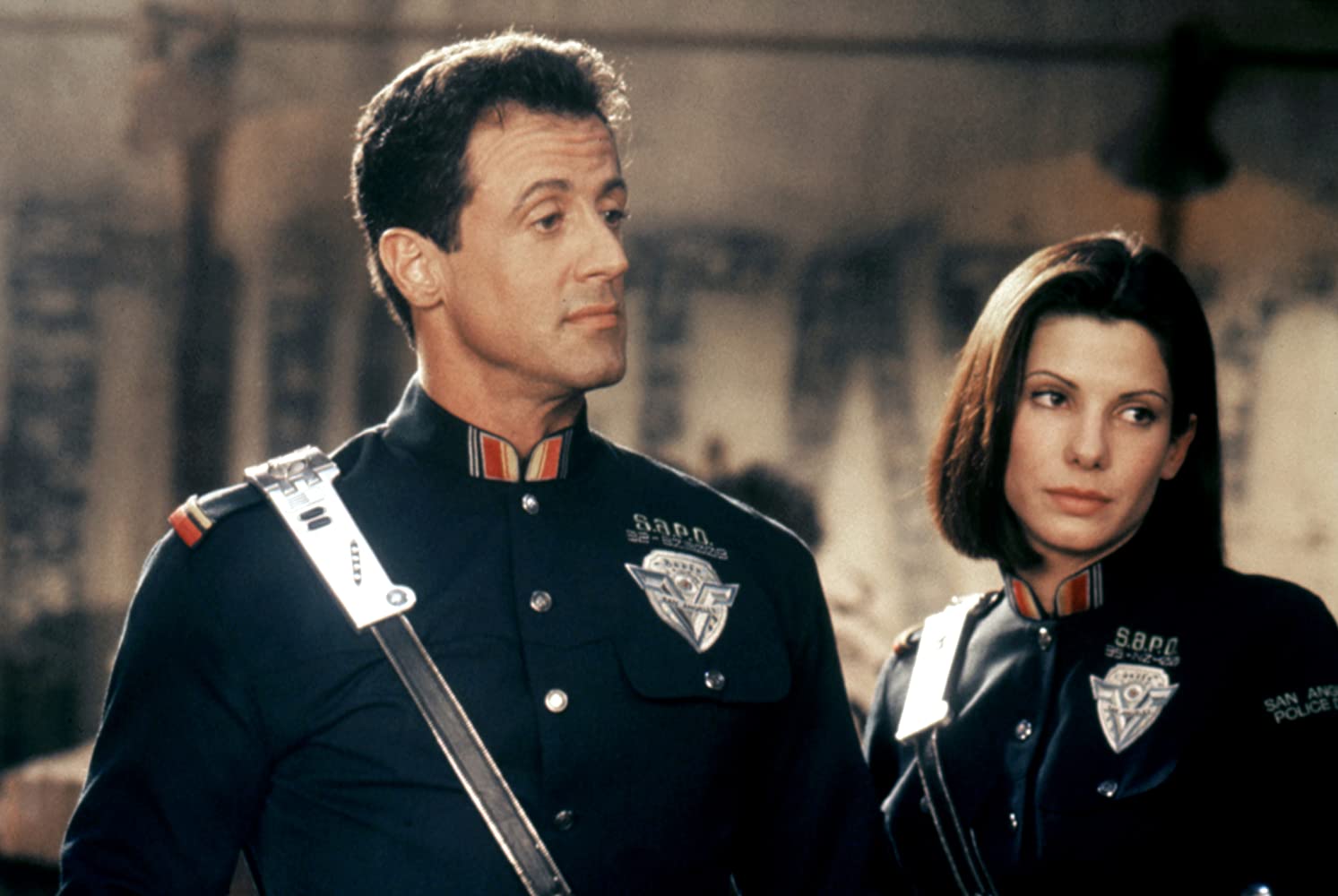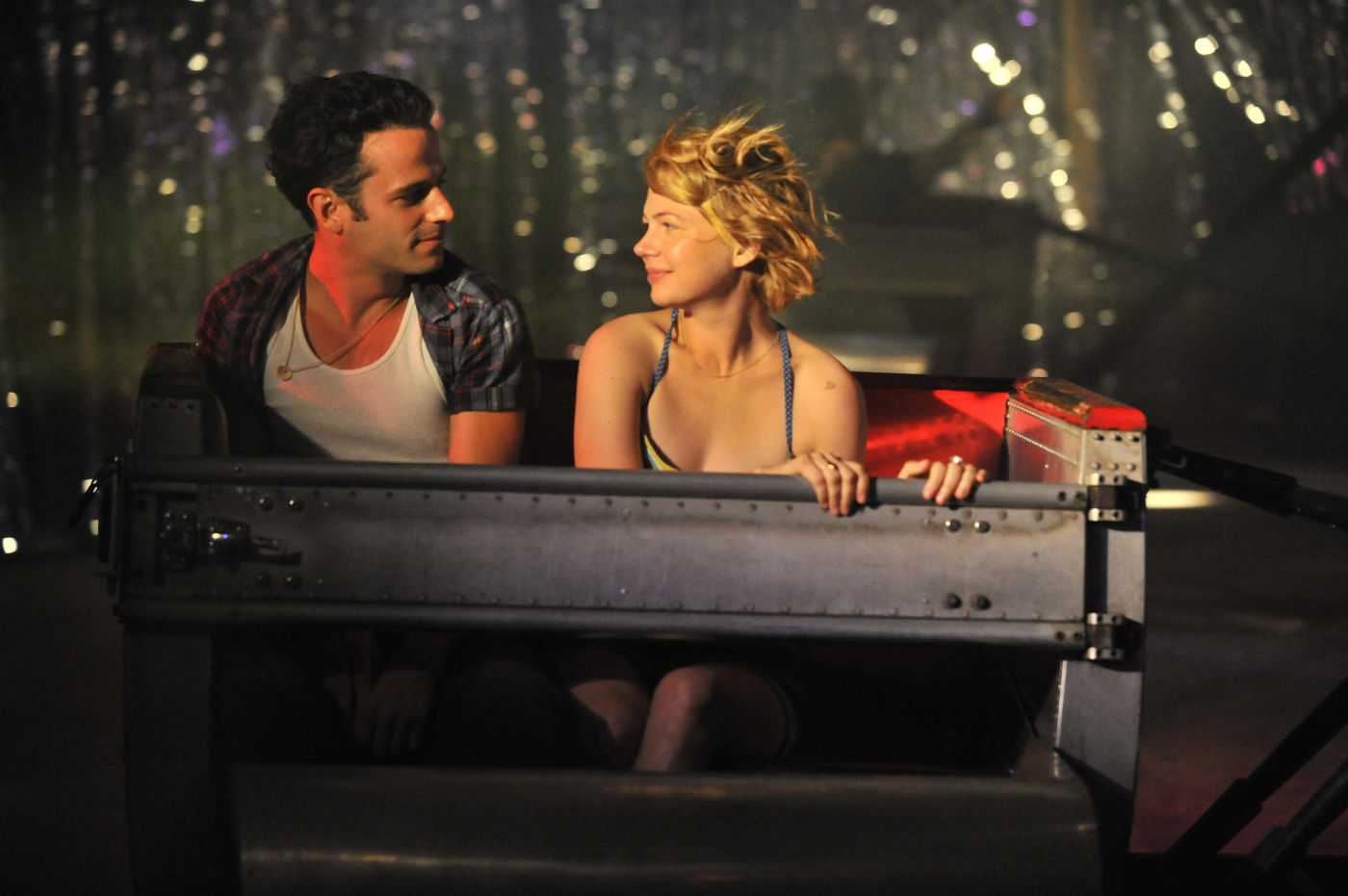Some films mock office reality; they do not capture the general indifference, nay, the overwhelming indifference of office behavior suddenly punctuated by the “squeaky wheel” mentality. Other films, however (and Office Space comes to mind) really nail what it’s like to be an insignificant cog in a large machine and how the folks who turn the wheel feel about the individual cogs. The Good Boss seems much more like the latter, and –hence- becomes a cautionary tale in the process.
Blanco (Javier Bardem) is El Jefe, the big cheese at Báscula Blanco, a medium-size business that makes bathroom scales. He sees his name in huge letters every time he drives through the company welcome gate; that’s gotta do something for your ego, huh? You think Don, Jr. or Eric would be the pieces of shit they are if they didn’t see their name on every building they entered? Well … yes, but maybe they’d make fewer public statements.
Of course, Blanco isn’t your average boss. He truly cares! He says so right in his “off-the-cuff” exposition meeting with all of his employees. Their problems are his problems, and he’s going to solve them because we’re all family at Báscula Blanco, sí? I suppose this is a case of “be careful what you wish for” as the problems begin before Blanco even gets a chance to finish his high-minded rhetoric. You see, he just fired a guy (Óscar de la Fuente), and that guy doesn’t want to go away. He sets up shop outside the front gate and brings his kids to his R-rated protest.
This is just the beginning. Blanco has several problems: The first is the out-of-control ex-employee. The second is a head of logistics (Manolo Solo) who can’t do his job because of home troubles. The third is that his eldest employee has a neo-Nazi son, the fourth is that he is overly attracted to the new intern (Almudena Amor) who is –roughly- a third of his age, and the overarching problem is th at his company is up for a government inspection and a pending award which might all go a la sur if Blanco can’t get his house in order.
at his company is up for a government inspection and a pending award which might all go a la sur if Blanco can’t get his house in order.
Admittedly, I could be wrong about this, but I think the #1 skill a boss can have is delegation, i.e. successfully coming up with solutions by tasking those around you. Delegation is more than just: “somebody else do the work;” it’s understanding the issues, assigning them to the correct people, and having those capable people already in place. A “Good Boss” doesn’t go around trying to solve all the problems themselves and they certainly don’t hit on interns … but then we’d have no film, would we?
What struck me most about The Good Boss was how each and every decision Blanco made was wrong. The best decisions were only wrong on one level; his doozies, however, threatened the integrity of his company, his marriage, and his future – ah, but who needs that stuff? For those who waited a good long time to get over how scary Javier Bardem was in No Country for Old Men, this could be the ideal film for you – he’s playing a man of equal power but absolutely hamstrung by unintelligent decision making. After watching this film, it’s difficult to find Bardem scary again. Really.
The Good Boss bills itself as a comedy … and there are legitimate laughs here, like when the security guard insists upon discussing the grammatical usage and poetry of the lone protestor across the way. Mostly, however, I see the film as a cautionary tale. “If you ever get to be a boss, don’t do X… or Y … or Z … or your intern.” Not a strong recommendation here, but I liked this film more than I did not.
When the boss has power to stretch
And targets some sins of the flesh
His lust must downsize
Or instead realize
There, simply, is no company for old lech
Not Rated, 120 Minutes
Director: Fernando León de Aranoa
Writer: Fernando León de Aranoa
Genre: Cautionary tales
Type of being most likely to enjoy this film: People who can keep office politics at arm’s length
Type of being least likely to enjoy this film: Small business CEOs



